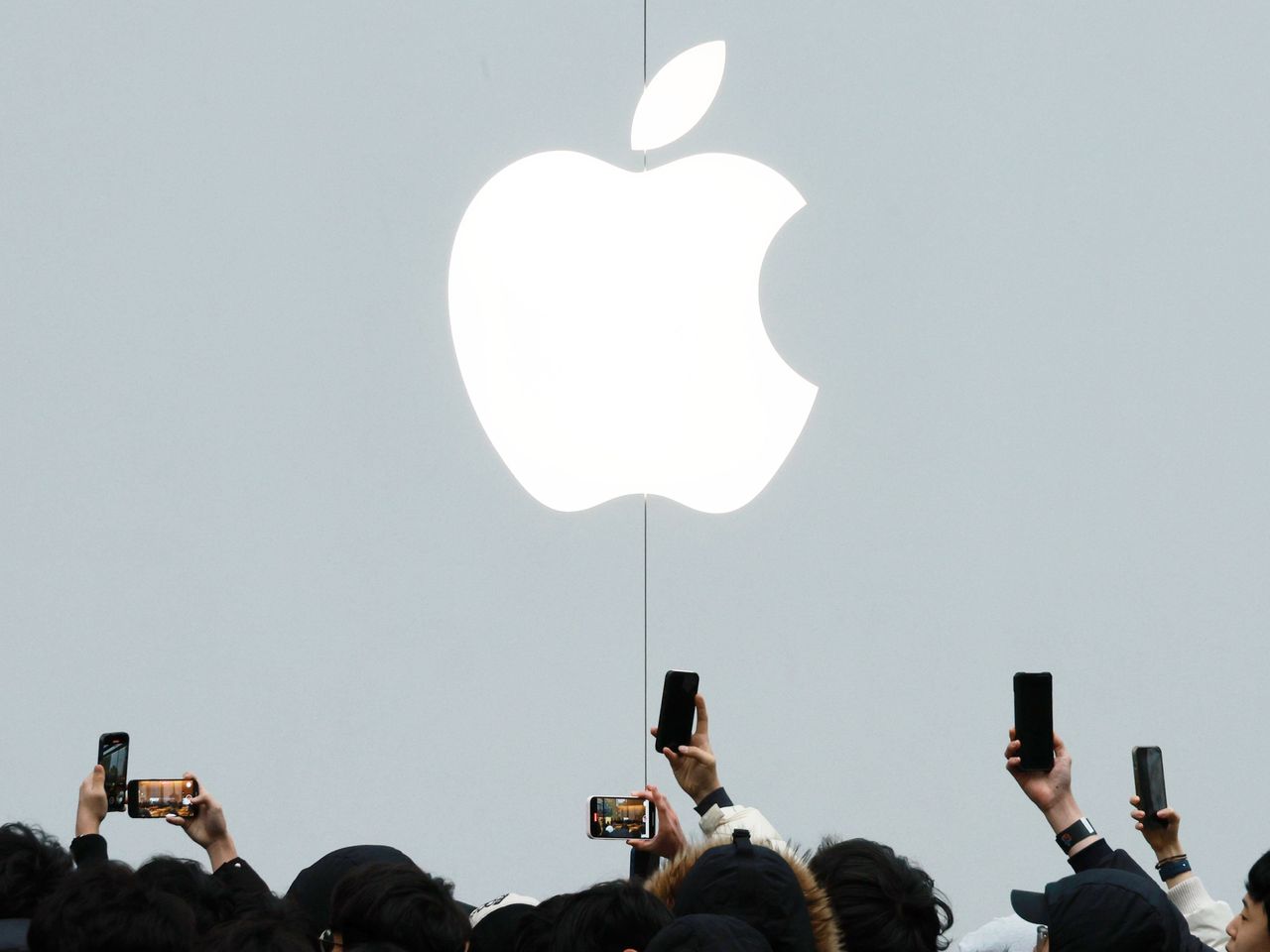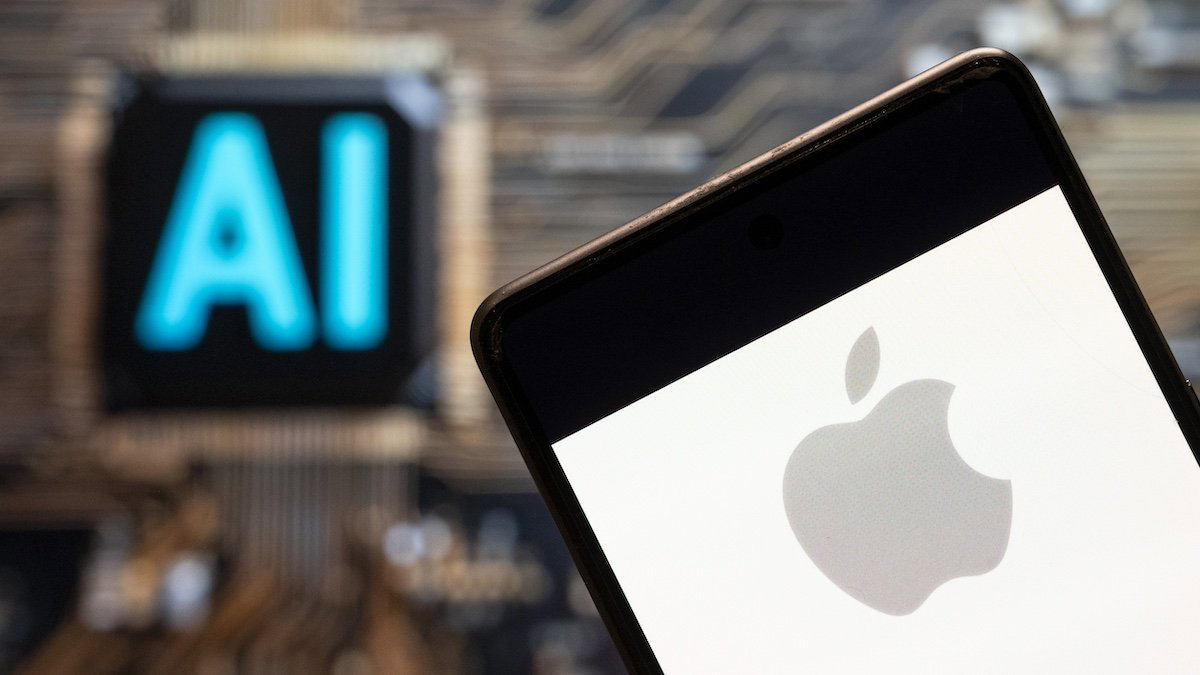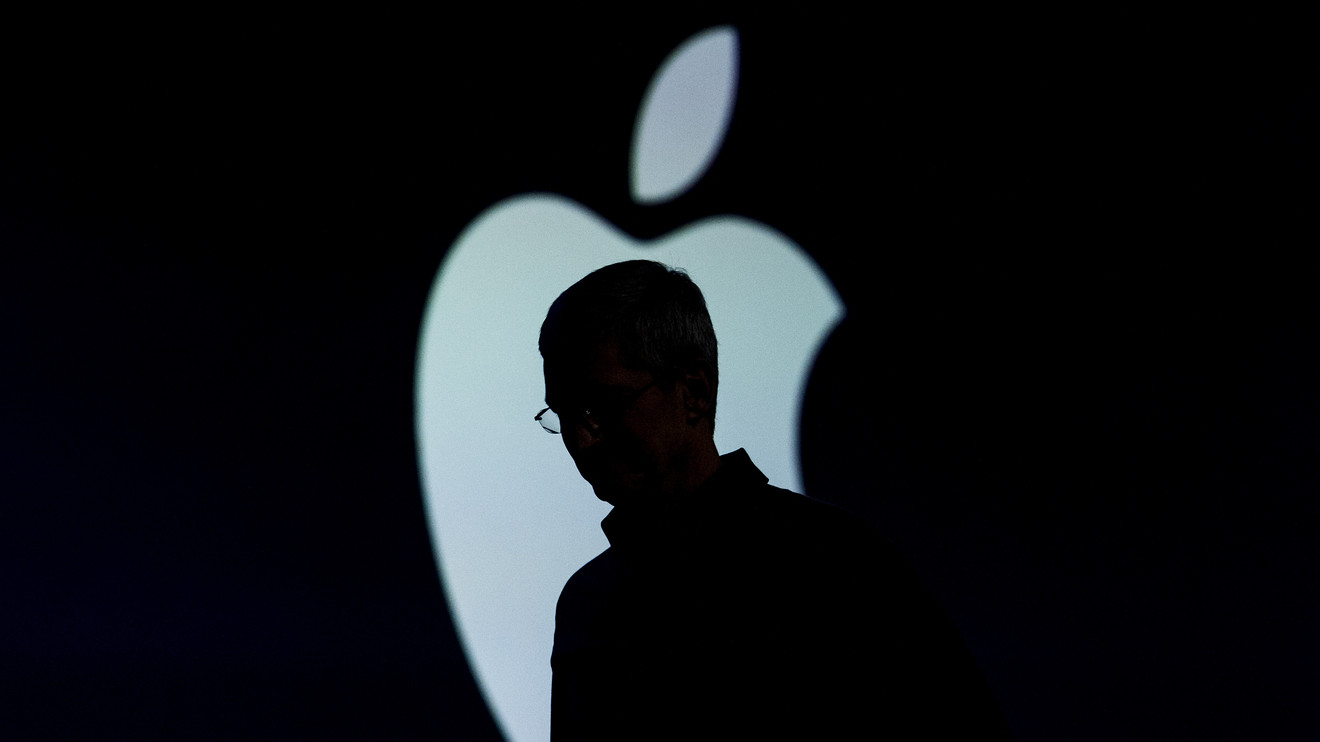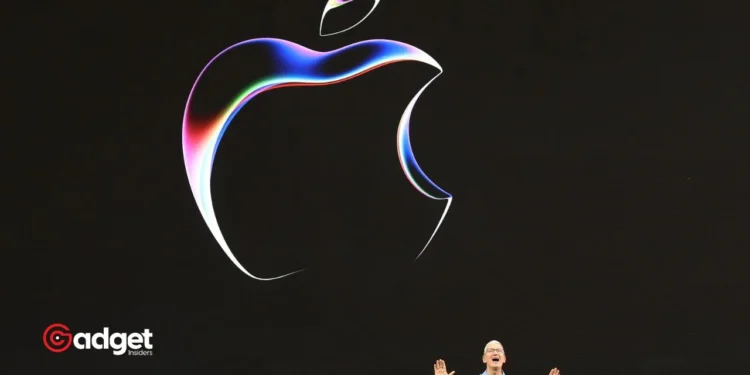Apple Inc., once the epitome of innovation and market leadership, now finds itself at a pivotal juncture, grappling with waning allure and increasing scrutiny. As the company prepares for its much-anticipated Worldwide Developers Conference (WWDC), all eyes are on whether it can reclaim its former glory by integrating advanced artificial intelligence (AI) into its product lineup. But is this potential move towards AI a true game-changer or merely a desperate attempt to keep pace with rivals?

The Current State of Apple: A Blend of Nostalgia and Novelty
Historically, Apple has been a darling of both Wall Street and Silicon Valley, revered for its cutting-edge technology and compelling marketing. However, recent times have seen the tech giant struggling to maintain its innovative edge. The company’s stock price is down this year, trailing behind the broader market’s gains, which reflects Wall Street’s concerns about its competitiveness in AI and ongoing regulatory pressures.
Adding to its woes was a marketing mishap involving an iPad ad that inadvertently suggested the device could replace traditional creative methods, sparking outrage among its core customer base in creative industries. This blunder was not just a one-off incident but a symptom of deeper issues within company, as highlighted by its falling revenue in five of the last six quarters and a recent antitrust lawsuit alleging monopolistic practices.
The AI Opportunity: A Double-Edged Sword
With the upcoming WWDC, expectations are high for Apple to demonstrate how it plans to infuse AI across its product range. Rumors suggest that Apple may partner with OpenAI, which could bring advanced generative AI technology to the iPhone and other devices. While such a partnership could be seen as a strong move, it also implies an admission that Apple has lagged in developing its own AI solutions.
“They wasted years on the car, now supposedly repurposed a lot of car talent to AI,” commented Duncan Davidson, a venture capitalist, highlighting the company’s strategic pivots. Apple’s foray into AI, particularly in enhancing device capabilities (“AI at the edge”), presents a potential revival path but also underscores the significant challenges ahead.

Reflecting on Past Innovations: Lessons from the Apple Watch and Vision Pro
Despite recent criticisms, Apple has a history of overcoming adversity with breakthrough products. Since Tim Cook took the helm in 2011, Apple has launched major products like the Apple Watch and the Vision Pro mixed-reality headset. While the Watch has become a success over time, the Vision Pro, priced at $3,499, is still finding its footing, with mixed reviews about its comfort and usability.
These products, though part of Steve Jobs’ legacy visions, were brought to fruition under Cook’s leadership, demonstrating ongoing commitment to innovation. However, as Erik Noyes, an associate professor at Babson College, pointed out, “I don’t care about the latest details about the Vision Pro, but I care about the strategic learning, this new interaction paradigm that is not going to be as clunky as the Vision Pro.”

The Future: Navigating Through Uncertainty
As Apple navigates this challenging phase, the pressure is on Tim Cook to deliver a ‘Steve Jobs moment’—a groundbreaking innovation that can redefine the industry. Analysts like Ben Reitzes from Melius Research believe that Apple could still surprise everyone at WWDC with a new vision for the iPhone that leverages voice-driven AI, potentially redefining how we interact with our devices.
Yet, as speculation about Cook’s succession grows, with John Ternus emerging as a potential successor, the question remains whether new leadership can steer Apple back to its innovative roots or if the company will continue to face the same challenges.
In conclusion, company stands at a crossroads, with its future hinging on its ability to seamlessly integrate AI into its products and rekindle the innovative spirit that once defined it. The upcoming WWDC not only presents an opportunity for revival but also a test of its enduring capability to lead in an ever-evolving tech landscape. Whether company can truly regain its lost shine through AI remains to be seen, but it is clear that the stakes have never been higher.










